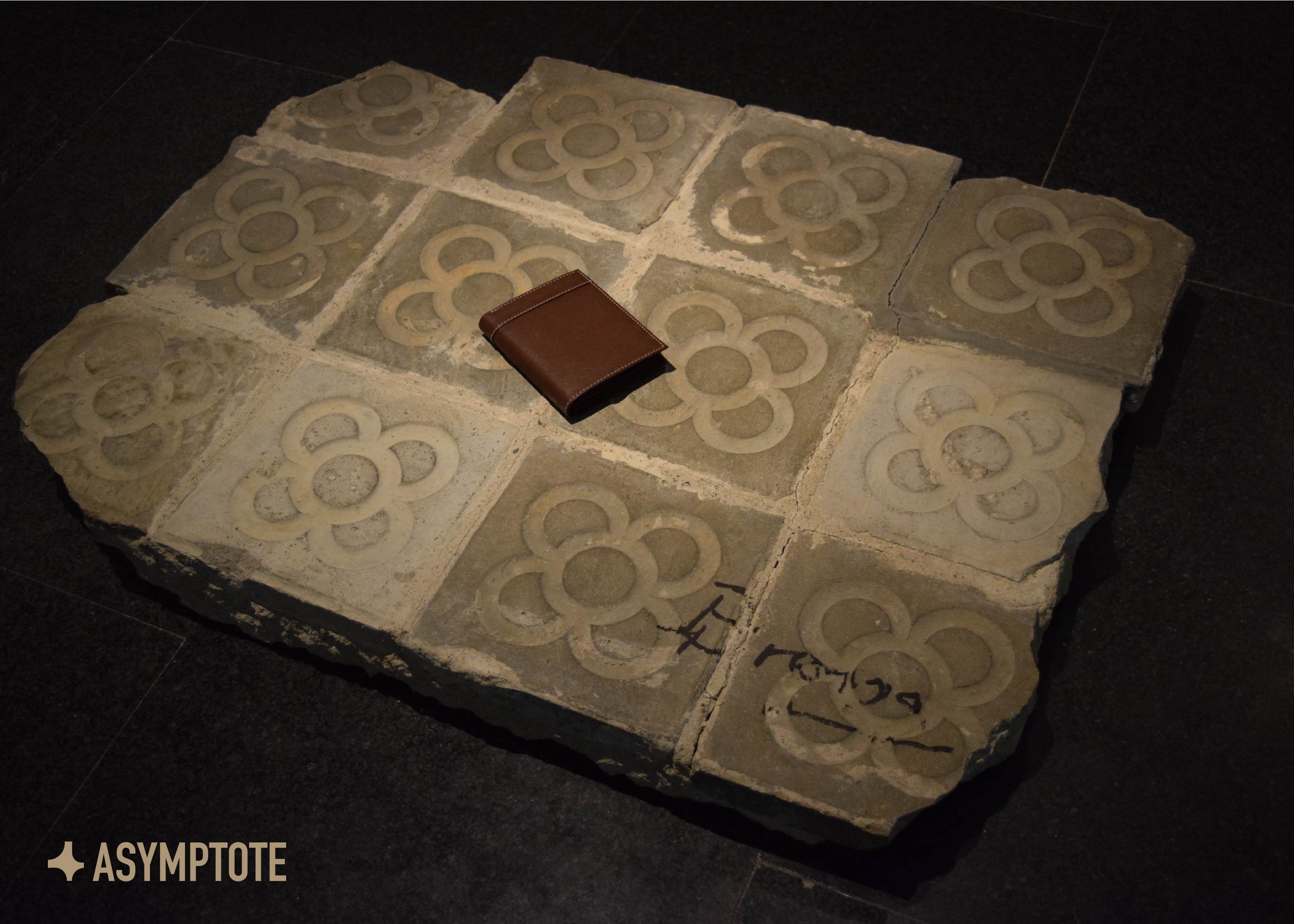On May 25, 1970, Joan Brossa (Barcelona, 1919–1998) spoke out at the first Festival of Catalan Poetry at the Price Theatre, Barcelona, in solidarity with the political prisoners under Franco’s dictatorship. Just a few months ago, in November 2017, the Catalan president controversially announced that in the context of the referendum for independence held in Catalonia, Spain once again had political prisoners. Captured on film by Pere Portabella in a clandestine documentary, fragments of the poems recited by Joan Brossa and other renowned names in Catalan literature are now being shown at the Barcelona Museum of Contemporary Art (MACBA). For an artist, political activist and Catalan nationalist, this intriguing exhibition that offers a new reading of Brossa’s complete works could not be more timely.
Posts featuring João Cabral de Melo Neto
Poesia Brossa: Joan Brossa at the Barcelona Museum of Contemporary Art

Through the end of February, a retrospective exhibit on the life and work of the influential Catalan poet.
- Contributor:
- Rachael Pennington ; Language:
- Catalan ; Place:
- Catalonia ; Writers:
- Joan Brossa ,
- João Cabral de Melo Neto ; Tags:
- antifranquista ,
- Barcelona Museum of Contemporary Art ,
- catalan independence ,
- catalan literature ,
- concrete poetry ,
- Festival Cervantino Barroco ,
- Franco ,
- MACBA ,
- minimalism ,
- poiesis ,
- Surrealism
Weekly Dispatches from the Frontlines of World Literature

Updates from Brazil, Argentina, Germany, and Austria
Would you believe we have already reached the end of January? We’ve already brought you reports from eleven different nations so far this year, but we’re thrilled to share more literary news from South America and central Europe this week. Our Editor-at-Large for Argentina, Sarah Moses, brings us news of literary greats’ passing, while her new colleague Maíra Mendes Galvão covers a number of exciting events in Brazil. Finally, a University College London student, Flora Brandl, has the latest from German and Austrian.
Asymptote’s Argentina Editor-at-Large, Sarah Moses, writes about the death of two remarkable authors:
The end of 2016 was marked by the loss of Argentinian writer Alberto Laiseca, who passed away in Buenos Aires on December 22 at the age of seventy-five. The author of more than twenty books across genres, Laiseca is perhaps best known for his novel Los Sorias (Simurg, 1st edition, 1998), which is regarded as one of the masterworks of Argentinian literature.
Laiseca also appeared on television programs and in films such as El artista (2008). For many years, he led writing workshops in Buenos Aires, and a long list of contemporary Argentinian writers honed their craft with him.
Some two weeks after Laiseca’s passing, on January 6, the global literary community lost another great with the death of Ricardo Piglia, also aged seventy-five. Piglia was a literary critic and the author of numerous short stories and novels, including Respiración artificial (Pomaire, 1st edition, 1980), which was published in translation in 1994 by Duke University Press.
The first installments of Piglia’s personal diaries, Los diarios de Emilio Renzi, were recently released by Anagrama and are the subject of the film 327 cuadernos, by Argentinian filmmaker Andrés Di Tella. The film was shown on January 26 as part of the Museo Casa de Ricardo Rojas’s summer series “La literatura en el cine: los autores,” which features five films on contemporary authors and poets, including Witold Gombrowicz and Alejandra Pizarnik.
On January 11, the U.S. press New Directions organized an event at the bookstore Eterna Cadencia in anticipation of the February release of A Simple Story: The Last Malambo by Argentinian journalist Leila Guerriero and translated by Frances Riddle. Guerriero discussed the book, which follows a malambo dancer as he trains for Argentina’s national competition, as well as her translation of works of non-fiction with fellow journalist and author Mariana Enriquez. Enriquez’s short story collection, Things We Lost in the Fire (Hogarth), translated by Megan McDowell, will also appear in English in February.
- Contributors:
- Flora Brandl ,
- Maíra Mendes Galvão ,
- Sarah Moses ; Languages:
- English ,
- German ,
- Portuguese ,
- Spanish ; Places:
- Argentina ,
- Austria ,
- Brazil ,
- Buenos Aires ,
- Germany ,
- Hamburg ,
- Munich ,
- Palestine ,
- São Paulo ,
- Vienna ; Writers:
- Alberto Laiseca ,
- Alejandra Pizarnik ,
- Alice Sant’Anna ,
- Ana Cristina César ,
- André Conti ,
- Ari Rath ,
- Bruna Beber ,
- Carlos Drummond de Andrade ,
- Carola Saavedra ,
- Cavalodadá ,
- Flávio Moura ,
- Gilberto Freire ,
- Graciliano Ramos ,
- Gustavo Piqueira ,
- Ingeborg Bachmann ,
- Jacques Derrida ,
- João Cabral de Melo Neto ,
- Juliana Gomes ,
- Laura Guimarães ,
- Lawrence Ferlinghetti ,
- Leila Guerriero ,
- Leonardo Gandolfi ,
- Leonardo Villa-Forte ,
- Lima Barreto ,
- Marcel Proust ,
- Mariana Enriquez ,
- Marília Garcia ,
- Mário de Andrade ,
- Michael McClure ,
- Mirna Queiroz ,
- Orides Fontela ,
- Oswald de Andrade ,
- Paul Celan ,
- Reuben da Rocha ,
- Ricardo Piglia ,
- Rodrigo Lopes ,
- Ronaldo Bressane ,
- Verônica Stigger ,
- Witold Gombrowicz ; Tags:
- Anagrama ,
- Brazilian International Literature Fair ,
- Cisma ,
- Companhia das Letras ,
- Duke University Press ,
- Feira Plana ,
- Film ,
- Independent Publishing ,
- malambo ,
- mural ,
- new directions ,
- open mic ,
- Penguin Random House ,
- Poetry ,
- poetry slam ,
- pre-modernism ,
- satire ,
- Simurg ,
- Tapera Taperá Cultural Centre ,
- World War II ,
- Zeitzeugen
